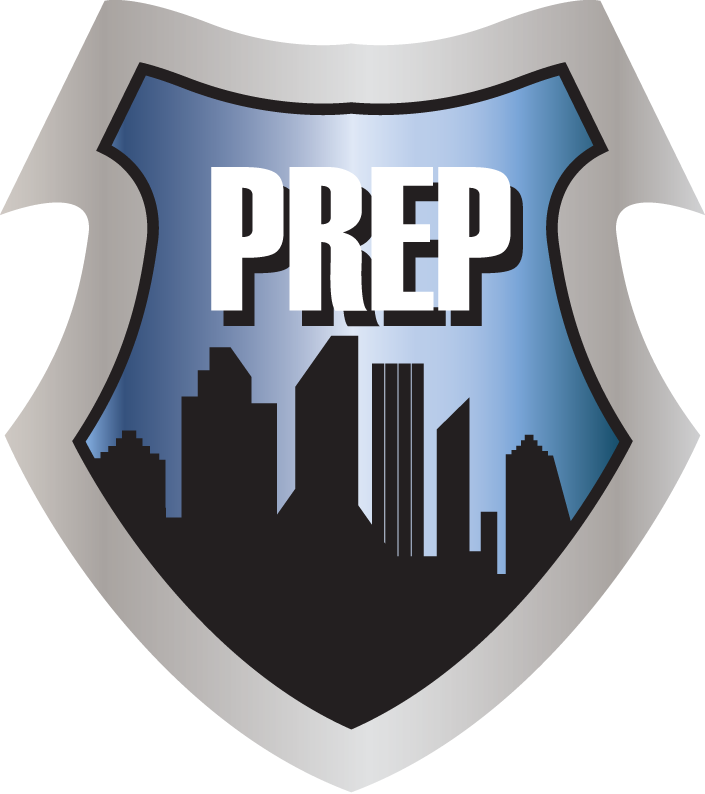A “Vulture Contractor” Can Make Your Disaster Worse!
 Whenever there’s a natural disaster, you’re likely to have neighbors, near and far, who have also experienced damages or loss, especially in events like floods and tornados and other property disasters. Fires are especially easy targets for contractors “chasing the fire truck!” Sadly, it creates an environment where there’s a lot of potential for predatory businesses to leap in and start establishing their sales quotas, all at your expense.
Whenever there’s a natural disaster, you’re likely to have neighbors, near and far, who have also experienced damages or loss, especially in events like floods and tornados and other property disasters. Fires are especially easy targets for contractors “chasing the fire truck!” Sadly, it creates an environment where there’s a lot of potential for predatory businesses to leap in and start establishing their sales quotas, all at your expense.
“Vulture” contractors refer to those that are like an ambulance-chasing lawyer. They are contractors who listen to scanners for fires and other disasters, so that they can rush to the scene and start their sales pitches and pushy marketing even before the fire department has gone. They usually catch you off guard, and get you to commit to what appears to be a good decision because they seem like they really care. In reality, these contractors may be fly-by-night operations that just want to get you to commit to paying them when you’re at your most vulnerable.
Here are a few tips on how to avoid falling prey to vulture contractors:
Ask for proof of certification, and verify it.
Some of these companies just don’t have the certification or training to perform certain tasks, including fire damage remediation or mold cleaning. Ask for written references, and check them out! Be sure to confirm that they have the proper certification, equipment, and more to actually provide those services.
Do your research and investigate the contractor.
Your state agency should have information on the contractors who have contacted you, including the actual work that they’re certified to perform. You can also find out more by doing a simple internet search on the company – if you can’t find anything linked to their name or address, that’s a red flag that they may not be the contractors that you want to work with. If you can get a name for the head of the company, it makes the process easier for learning more about predatory companies that may be made and dissolved by a single operator. Many “fire chasers” get you to sign the contract and then sell the contract to another company for hundreds or thousands of dollars. The Better Business Bureau may also have information on that contractor.
Don’t rush into a fast decision.
Most importantly, Take Your Time – don’t rush into finding the right contractor. Although disaster recovery and repair can be a pressing issue, it shouldn’t force you to make a questionable decision before you’ve had the time to confirm that it’s the right course of action. Never let a contractor convince you to make a decision on the spot regarding a work contract, and pay close attention to requests for early payment.
We want to think the best about those who claim they want to help us after a disaster, but you still need to be aware that there are those who will take advantage of your home or business disaster for their own gains. Never hire ANYONE with first checking them out thoroughly so you are sure you are making the right decision without being under pressure.
Author: Dick Wagner





